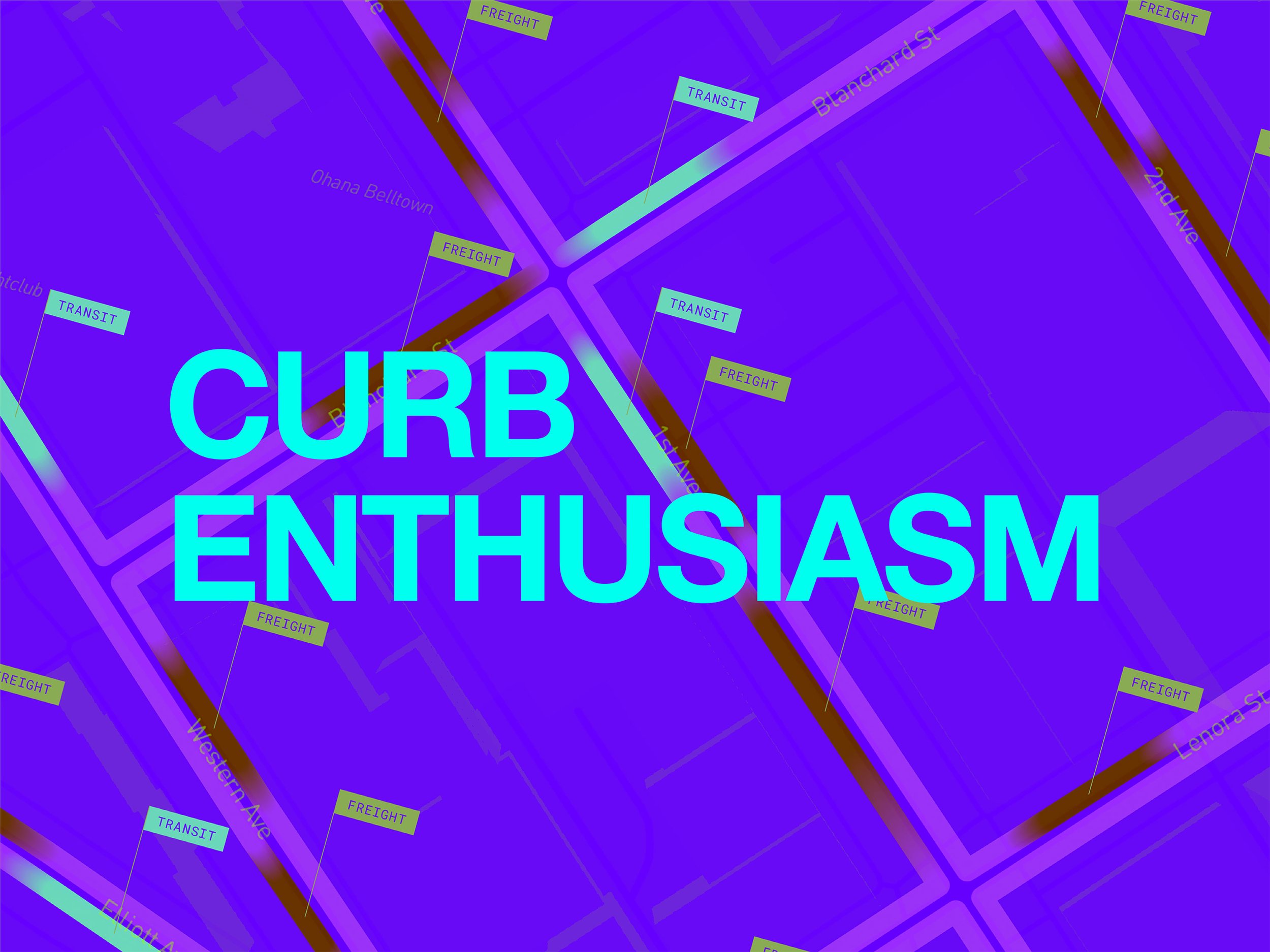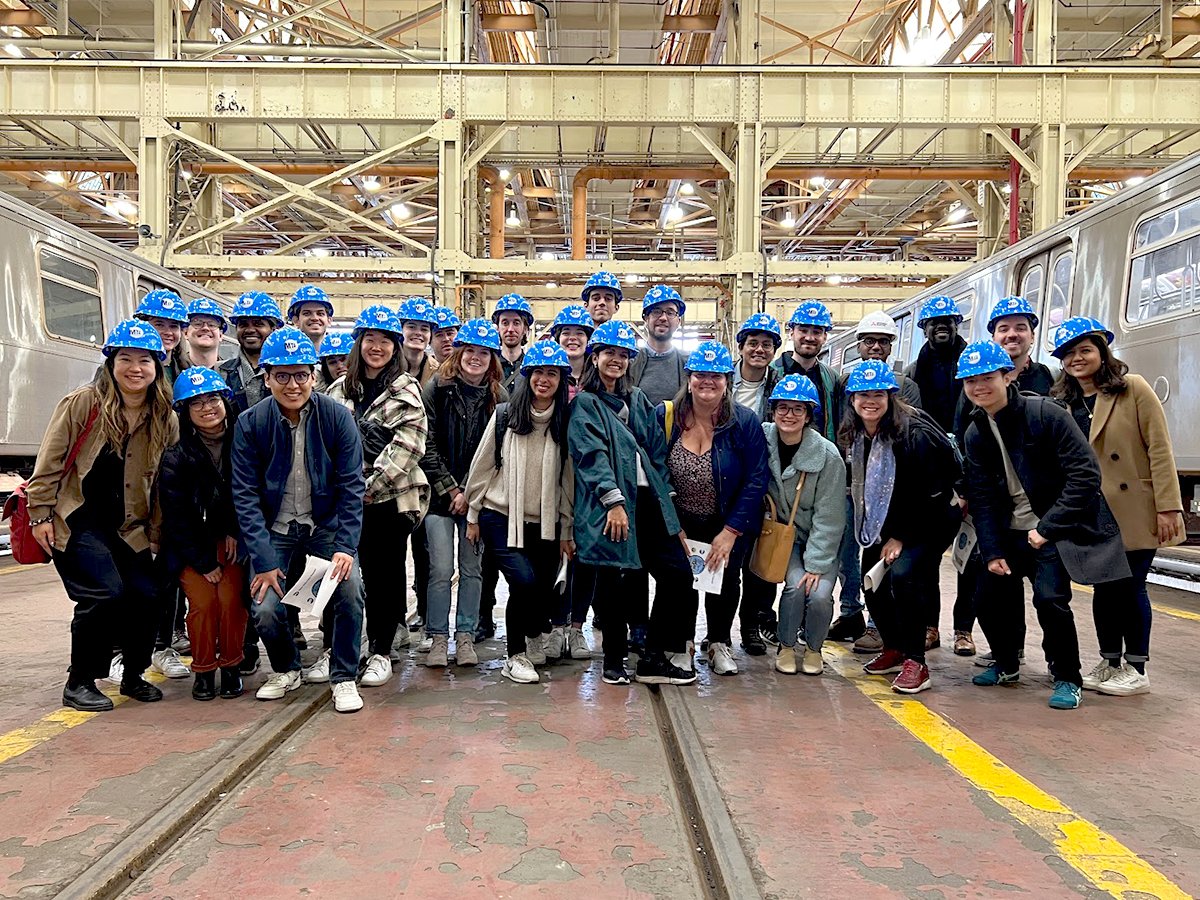Curb Management: Less is More
How can a curb management algorithm scale up to an entire city and still produce near-real-time results? The answer may surprise you.
CEO Hugh Martin Leads ITS America’s Digital Infrastructure Working Group
As chairman of the Digital Infrastructure working group, our CEO is driving a multi-disciplinary approach to making it real.
The Brains Behind How Digital Infrastructure Solves Chronic Airport Congestion, Part Deux
The human-controlled digital signboard at SEA Airport successfully diverts traffic, but what could make it even more effective?
Building Community with the Urban Freight Lab
The Urban Freight Lab hosted their recent meeting at Lacuna headquarters, where members dove deep into technology’s potential for goods movement in cities.
Under the Hood: How Uber & Lyft have Changed Our Lives
Carnegie Mellon is coming up with measurable answers to questions about how ridesharing affects cities — but how do we carry those learnings forward?
Digital Infrastructure Takes Flight
Advanced air mobility is on the horizon. Here’s what digital infrastructure can do to help ensure a smooth rollout.
Employee Spotlight: Katie Radin makes NYU’s Emerging Leaders in Transportation
Lacuna’s Katie Radin was named one of NYU’s 2022 Emerging Leaders in Transportation.
Wakanda is Closer Than You Think
Black Panther’s fictional land of Wakanda has an awe-inspiring transportation ecosystem — but what would it take to have one in the real world? The answer is only a few steps away.
Introducing the Lacuna Advisory Board
Lacuna exists to deliver solutions for transportation officials that not only give them a clear picture of what’s happening on the ground, but allow them to change that picture digitally and dynamically. We’re on a mission to build more sustainable, liveable, productive, and equitable transportation ecosystems. In order to help us continue delivering on this…
How Cities Can Reclaim The Digital Version Of The Physical Streets They Manage, Regulate & Operate
Shortly after the MDS pilot program began, and the city could express policy digitally, complaints about scooters from residents fell by 73% percent.


















